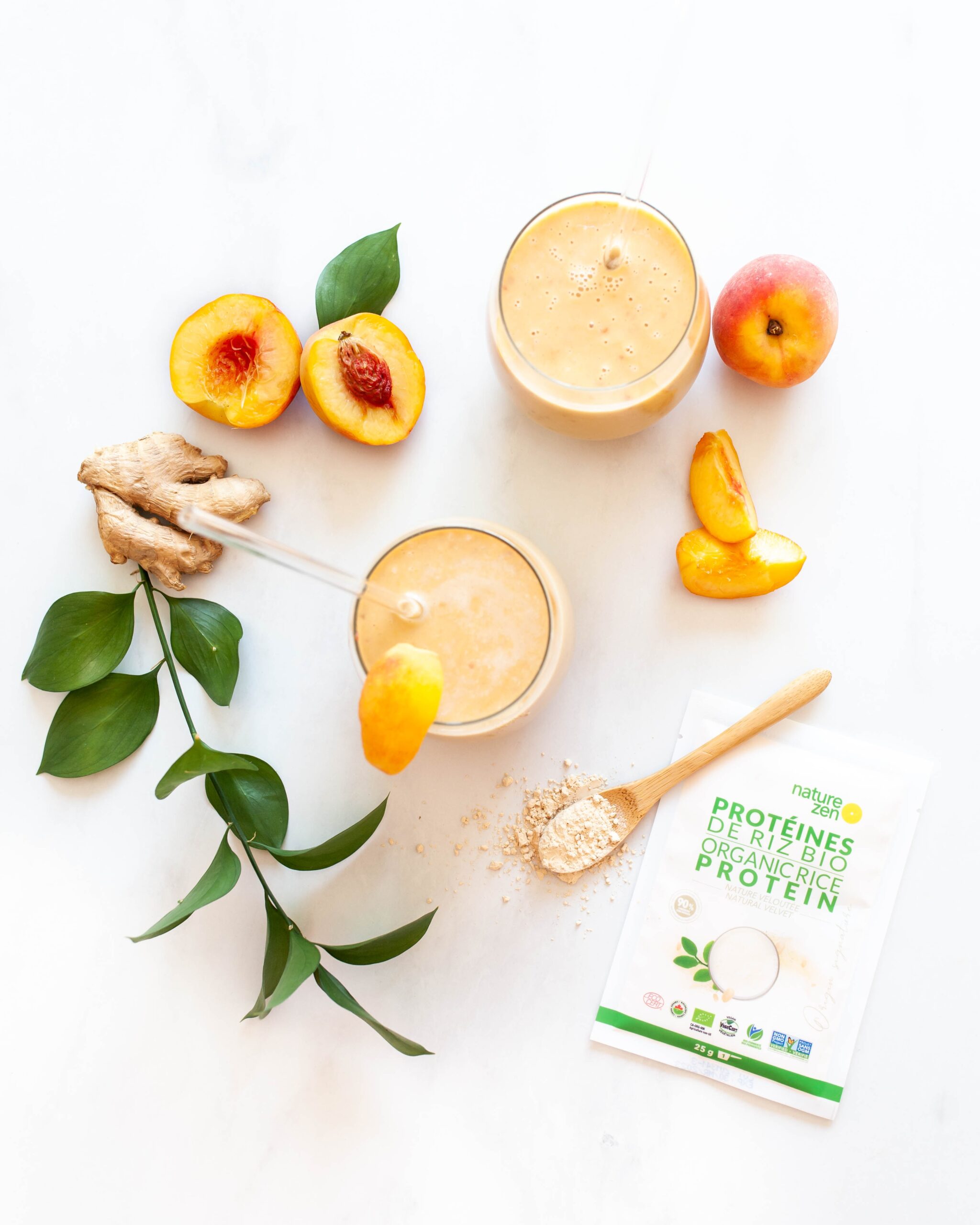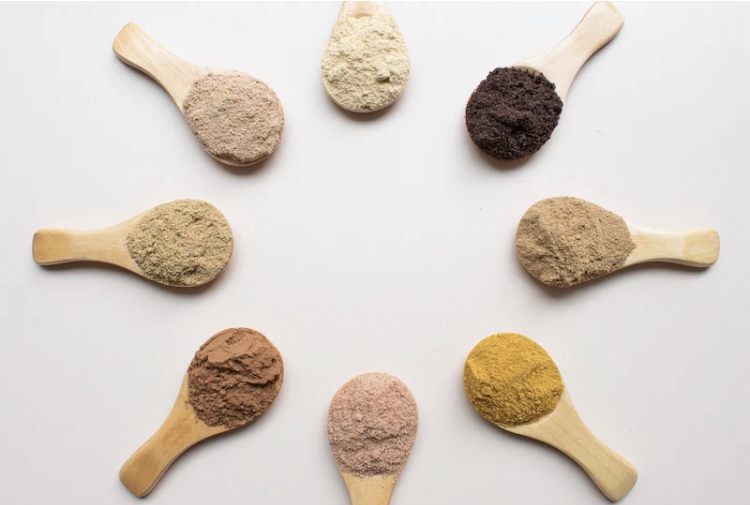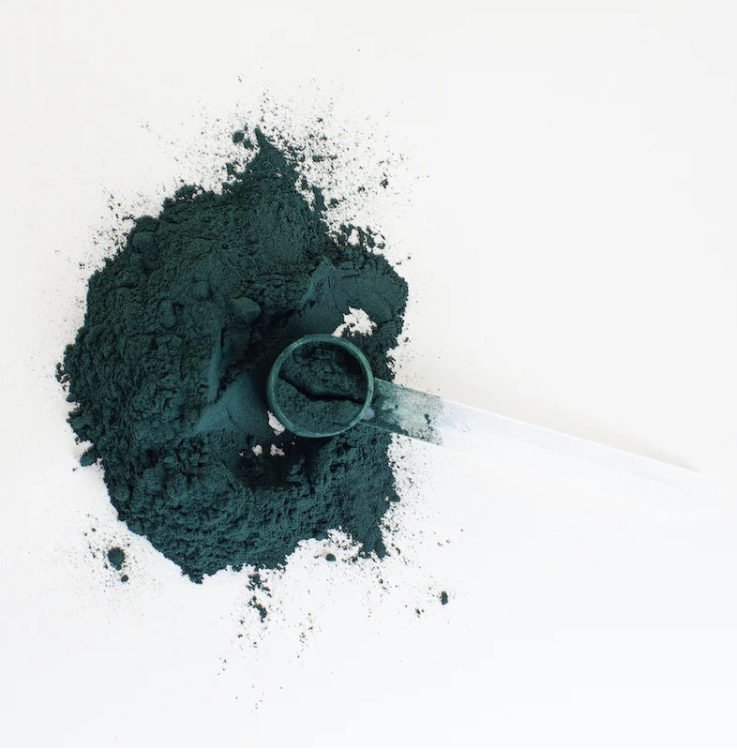The Truth About Protein Powder

Protein powder – is it really healthy?
Should I include it in my diet?
Which protein powder should I use?
These are questions I receive on regular basis and today I’m here to help you make the best choice for your health and well-being.
First and foremost, I do not recommend protein powder at all.
It’s important to understand that being protein deficient is highly unlikely unless you are malnourished. In fact, a study was conducted where individuals followed an all-rice or all-potato diet, and they still did not experience protein deficiency!
Here’s another important factor to consider:
Protein is actually the hardest macronutrient to digest. So, it’s crucial to ensure that your stomach and liver are strong enough to handle it. Digesting protein improperly can lead to fermentation, which can result in acid and mucus production. This, in turn, can contribute to weight gain, digestive issues, bloating, gas, cramping, joint pain, bone loss, and other health problems.
It’s also worth noting that protein powders may contain high levels of heavy metals. A non-profit organization called the Clean Label Project investigated 134 popular protein powders and found that 75% of them contained some amount of lead, while 55% tested positive for BPA. The study also detected levels of mercury, arsenic, and cadmium.

Additionally, these powders may contain other undesirable ingredients such as added sugars, artificial flavoring, thickeners, synthetic vitamins, and minerals.
Moreover, consuming excessive amounts of protein can put strain on your kidneys, potentially leading to an acidic environment. This can increase urine production and may even cause issues in your bones and liver. It can also result in constipation.
So, what’s a better alternative?
I highly recommend incorporating spirulina into your morning smoothies.

Spirulina is an excellent protein powder substitute. It contains easily digestible protein, along with a plethora of minerals and micronutrients.
This powerful superfood can increase stamina levels, support athletes, and provide bioavailable nutrients and protein to help build muscle mass. It can also help curb hunger during demanding training routines, assisting in maintaining an athlete’s ideal body weight.
If you’re looking for a protein powder to help with hunger:
I suggest focusing on fiber. Fiber adds bulk to your food and signals to your brain that you’re full.
And if you want something more substantial, like a hearty meal:
You can experiment with adding seeds such as chia seeds, hemp seeds, or flax seeds. These seeds not only provide protein but also offer fiber and essential omega-3 fatty acids without any harmful ingredients.
To sum it up:
– If you want to feel full, increase your fiber intake.
– For enhanced athletic performance, consider using spirulina.
– If you’re seeking a heartier option, try adding seeds like chia, flax, and hemp.
I hope these suggestions help you make informed choices about protein powder and its alternatives. Feel free to reach out if you have any more questions!
Be the first to comment!